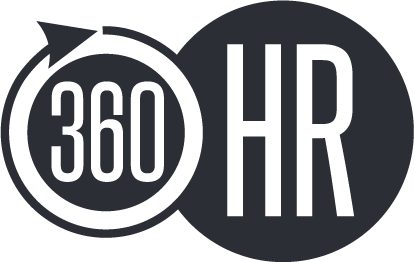JOB SEARCH ADVICE
Job searching is a daunting task! It would help if you were realistic (and patient). Here is some advice that may be useful.
There is a lot of career information available online. It is worthwhile spending time researching the latest trends.
Your brand is your most essential element – create a professional LinkedIn profile (check out https://topdogsocialmedia.com/linkedin-marketing-infographic/ to get you started). Update your CV taking the following into consideration (or get it professionally done). Send it to a colleague or friend for feedback.
CV checklist
- List your most recent role first.
- Include reasons for leaving each role.
- Detail achievements and management experience, if applicable, in each role.
- Check spelling and grammar and proofread (proofread again).
- Use a basic font and a font size between 10 and 12. Don’t use CAPITAL LETTERS only.
- Don’t overuse bold, underline and NO clipart.
- Avoid tables, page borders and logos.
- Provide a professional email address.
- Try to keep your CV no longer than six pages.
- Don’t lie!
Include a very, very short cover letter (with your contact details) – don’t just cut and paste or forward an email. Personalise it by addressing it to the relevant person and include the job you are applying for in the heading.
Looking for a job whether as a desperate requirement or career change can be challenging and at times is difficult to stay focused. Keeping the following in mind may have a positive impact from starting out and throughout the interview process.
Don’t take things personally. Being declined means you may not have been a perfect match for a role but it does not mean that your talents and attributes are not worthwhile elsewhere.
Focus on what you are good at and what you are passionate about.
Don’t blame yourself or concentrate on what you think are imperfections.
Be gracious – thank the company or recruiter for the opportunity. You never know when you may “cross paths” again. Recruiters are reliant on their client for feedback. “Don’t shoot the messenger”. All a recruiter ultimately wants is to find you a job – it is win-win for all involved. Always remember that recruiters cannot create opportunities but represent clients and their requirements.
Take as much as you can away from the experience. Ask yourself what you may have done differently? What did you learn from the feedback or interview? Ask for honest and objective feedback, if possible. This sometimes only happens in an ideal world and recruiters are again dependent on the information from clients. The recruitment process can be so subjective. Often “wrong culture fit” may be the only reason, accept that and move on.
Use your network. Connect with new contacts, ex-colleagues and online connections.
Meet up with people who you think could assist with advice. Share your concerns. Ask them to provide references (even two lines describing your work ethic or technical ability) to use on your LinkedIn profile or CV. Other people notice your strengths and talents and give another perspective. Ask them what they think your development areas are too!
Create a list of companies you would like to work for. Check out their websites, connect with employees and apply online for positions.
After a rejection, the only thing you are able to control is your attitude. Allow yourself to feel disappointed but continue swiftly and positively. Negativity wears you down and is evident to potential employers.
Don’t deal with this alone. Don’t be embarrassed or scared. Share your situation with others – not only will it be an active support system but opens up possible networks that then know you are available for opportunities. You are not alone. There are thousands of people out there looking for roles. Be supportive and reach out too.

